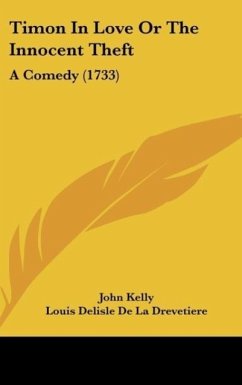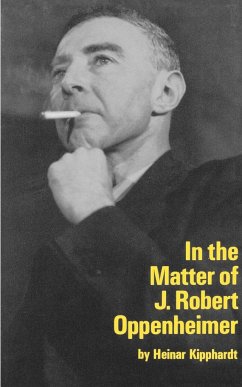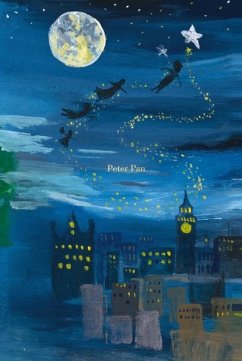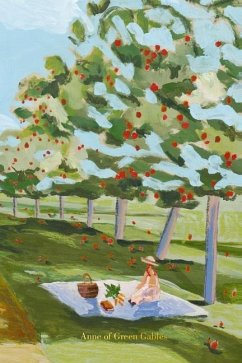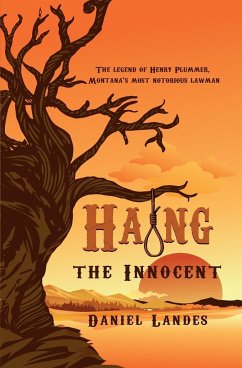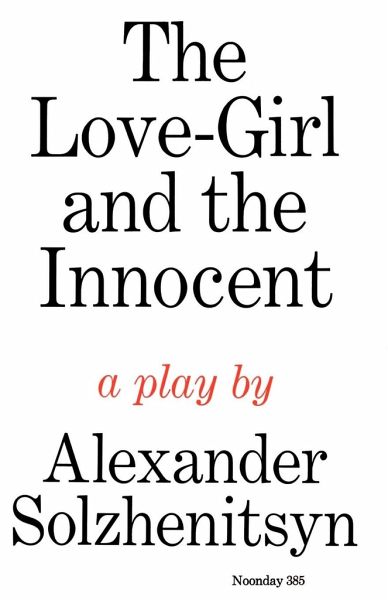
The Love-Girl and the Innocent
A Play
Versandkostenfrei!
Versandfertig in 1-2 Wochen
14,99 €
inkl. MwSt.

PAYBACK Punkte
7 °P sammeln!
The action of this full-length play is set in 1945 in a Stalinist slave-labor camp similar to the one where the author himself served an eight-year term. It is basically a love story of two prisoners: Nemov, the "innocent," a new prisoner who is unwilling to compromise in order to survive, and Lyuba, a girl who tells him that in the labor camp integrity is a passport to death. He tries desperately to keep his honor and self-respect while she tries to convince him that he must compromise. The love story is told gradually and intermittently against the background of labor-camp life. The large nu...
The action of this full-length play is set in 1945 in a Stalinist slave-labor camp similar to the one where the author himself served an eight-year term. It is basically a love story of two prisoners: Nemov, the "innocent," a new prisoner who is unwilling to compromise in order to survive, and Lyuba, a girl who tells him that in the labor camp integrity is a passport to death. He tries desperately to keep his honor and self-respect while she tries to convince him that he must compromise. The love story is told gradually and intermittently against the background of labor-camp life. The large number of characters on stage, working, arguing and fighting, emphasizes the cruel, unprivate world in which the pair have to live their lives. Finally the "innocent" realizes that if he will share Lyuba with one of the higher-ups, he will then have everything: extra food, a comfortable job and the woman he loves. All he has to do is make that one compromise. The Love-Girl and The Innocent was accepted for performance in 1962 by the Moscow Contemporary Theatre but was then banned. It has never been performed in Russia, as the author complained in his courageous letter to the Congress of Soviet Writers, reprinted in the Farrar, Straus and Giroux edition of Cancer Ward. Solzhenitsyn's works have been barred in the Soviet Union since 1966 and he was recently expelled from the Russian Writers' Union. The publication of Solzhenitsyn's play in England and America marks its first appearance in print in any language.





